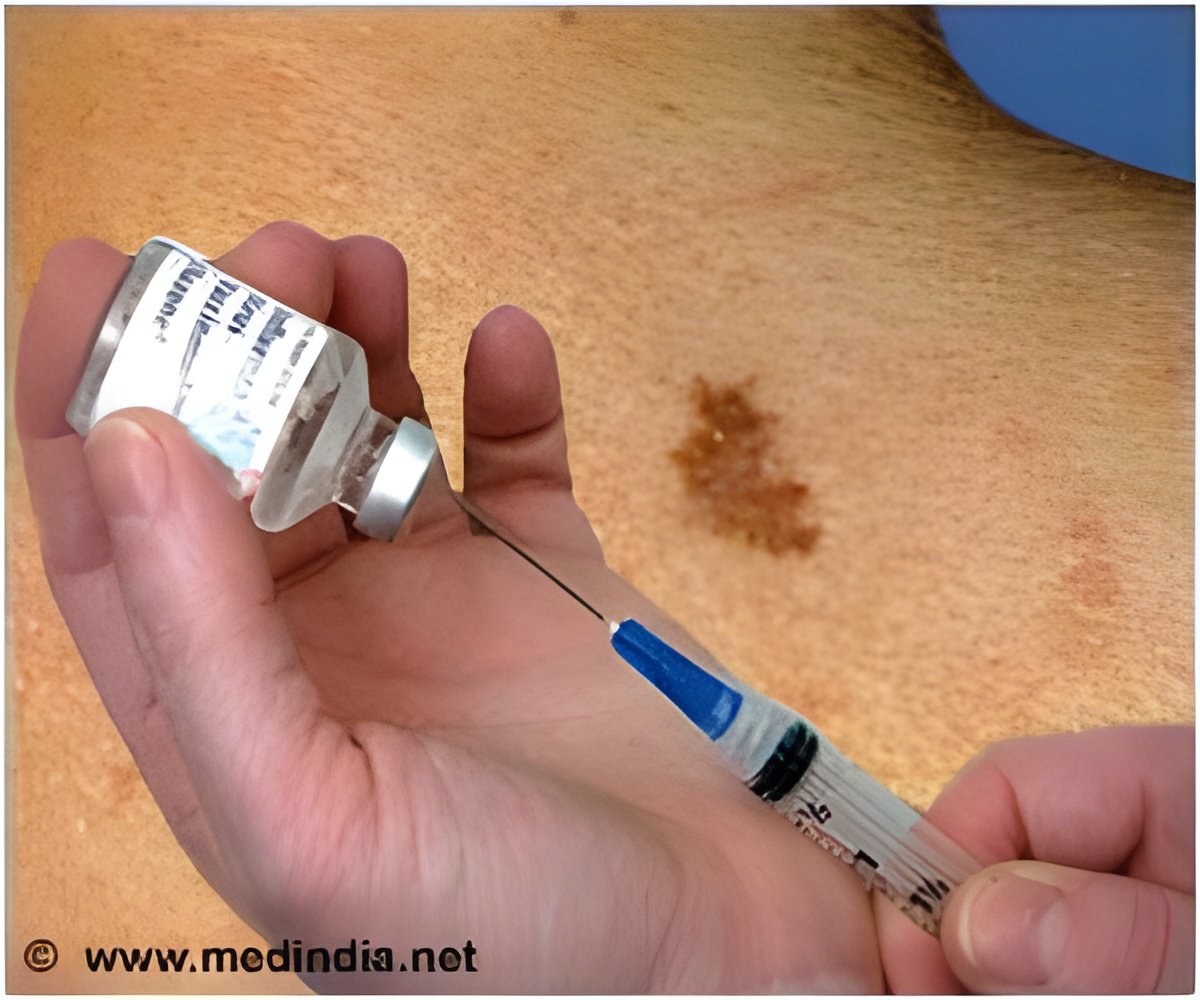
Multiple myeloma is cancer of plasma cells in the bone marrow. One in 10,000 people in India is generally affected by it.
"Cancer was a big blow to me and my family. I was in consultation with my doctor there, but just as I had started believing that it was over, the cancer relapsed in August last year. I was devastated and the question -- how much time have I leftIJ -- started gnawing us all," Yakoob told IANS.
Adding to the difficulty, Yakoob realised that the required treatment was not available in Iraq. He then started looking elsewhere for treatment.
"I first went to Saudi Arabia. The hospitals there offered the treatment, but I just could not afford it. It was too expensive. Then I went to Turkey, but it was the same situation. The treatment cost was around $150,000," he said.
Just when dejection was setting in, especially seeing the faces of his wife and children, Yakoob came to know about the treatment in India.
Advertisement
So in January this year, Yakoob and his brother packed their bags and reached Delhi. They took on rent a small accommodation in Saket in south Delhi and visited Rahul Naithani, a consultant at the Bone Marrow Transplant and Hematology Department in Max Super Speciality Hospital.
Advertisement
But the process was not easy.
"Abdul was treated with a medicine, Melphalan, for a year and a half, which was damaging to stem cells. The only solution was bone marrow transplant. So using a different regime, we developed adequate stem cells and replaced the damaged cells in the bone marrow," he said.
"We didn't have to cryo-preserve his stem cells -- a step which saved him at least $2,700," he added.
Admitting that it was a risky process, Naithani said the transplant was finally carried out in April and was a success. Yakoob will now leave for home in two weeks' time.
"Health-wise, I feel so much better. I am taking my medication and have my confidence back. Plus, the treatment cost me $15,000, which was much less than what I was offered elsewhere," Yakoob said happily.
He now hopes to go back to work in an oil company in Iraq and to have his "normal" life back with his family.
The bone marrow transplant, however, does not mean that Yakoob's cancer is cured permanently, but it is managed, Naithani said.
"Transplant had not given him a permanent cure but has definitely extended his life beyond the few months that he would have had otherwise. Now Abdul can rest assured for at least four-six years. After that, he will have to take treatment again," the doctor said.
"I will be in touch with my doctor and will come after three months for a follow-up. He will also be in touch with my doctor in Iraq," Yakoob said.
"Insha-Allah (God willing), I will, one day, come back to India with my family as a tourist and see all the beautiful places. I want to meet my doctor here, but not in the hospital. I will not come back as a patient," he said with hope.
Source-IANS














